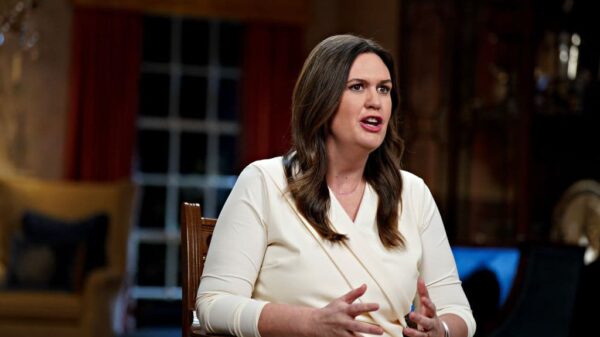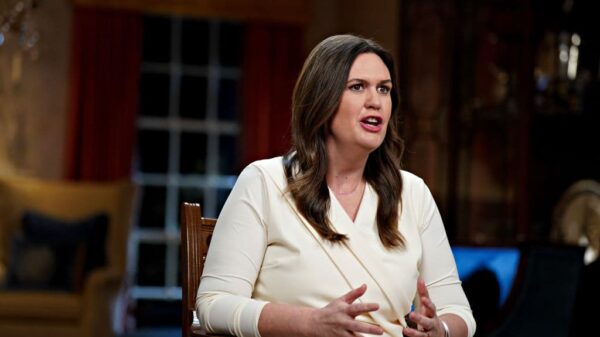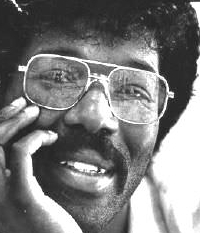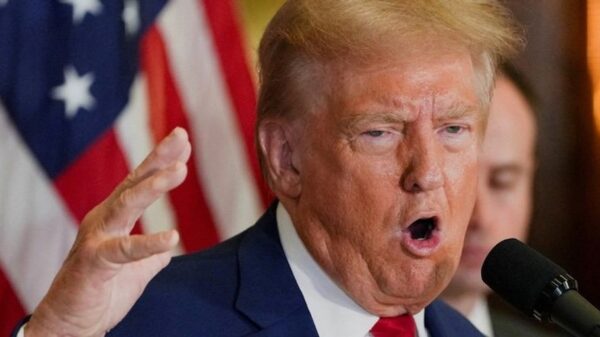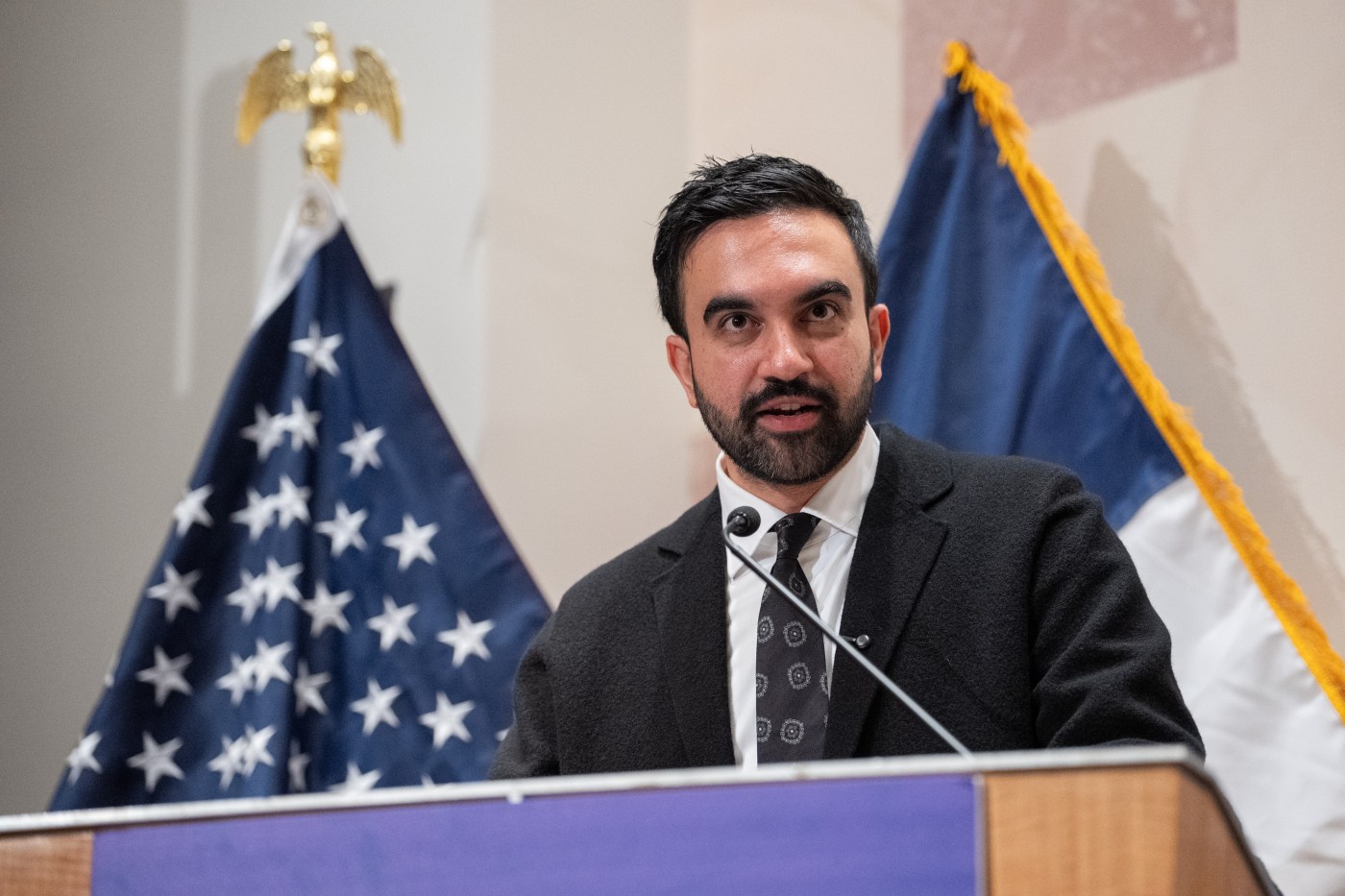As the race for the new City Council speaker heats up, Zohran Mamdani faces advice to refrain from involving himself in the contest. The newly elected mayor of New York City, Mamdani’s predecessor, Eric Adams, experienced complications when he attempted to endorse a favored candidate for speaker four years ago, resulting in lasting political tension with the eventual victor. History suggests that stepping back may be the most prudent course for Mamdani at this juncture.
In 2013, then-mayor Bill de Blasio successfully supported his preferred candidate for the speaker’s gavel. However, this move complicated the relationship between the mayor and the speaker, as the latter sought to assert independence. Given this history, it is recommended that Mamdani allow the 51 members of the City Council to determine their leadership without his interference.
Strategic Silence May Benefit Mamdani
Throughout his primary and general election campaigns, Mamdani demonstrated remarkable discipline, maintaining focus on his goals. He notably refrained from taking a public stance on ballot questions concerning housing, which aimed to limit the Council’s local veto on land use matters, until the Election Day. This strategy of maintaining a low profile proved effective and should be revisited as the new speaker is chosen.
At a recent event, the Somos conference in Puerto Rico, Mamdani showcased his political instincts by sidestepping questions regarding his preferences for the speaker position. This cautious approach could serve him well, as endorsing a candidate—successful or otherwise—often carries risks, as evidenced by the experiences of Adams and de Blasio.
Mamdani has ample responsibilities ahead, including finalizing his transition and developing a comprehensive administration that addresses significant issues facing New Yorkers. These include not only his own agenda but also navigating challenges posed by a federal government that may impose budget cuts affecting the city.
Challenges Ahead for New Administration
With the possibility of severe cuts to federal funding, particularly under a potential administration led by former President Donald Trump, the new mayor and the incoming speaker will face considerable challenges. While Mamdani made history by garnering over 1 million votes in his election, this achievement should not lead him to exert undue influence over the speaker election.
Engaging in the Council’s internal matters could create unnecessary complications. Instead, Mamdani should focus on leveraging the new powers granted by the recent ballot proposals on housing. These changes will provide him with greater authority over land use decisions, which are crucial for addressing the city’s housing crisis.
By prioritizing these issues, Mamdani may not only enhance his standing among constituents but also navigate the often challenging dynamics within the City Council. As the Council members vie for leadership roles, it is essential for the mayor to concentrate on establishing his administration and implementing effective plans that will benefit New Yorkers.


